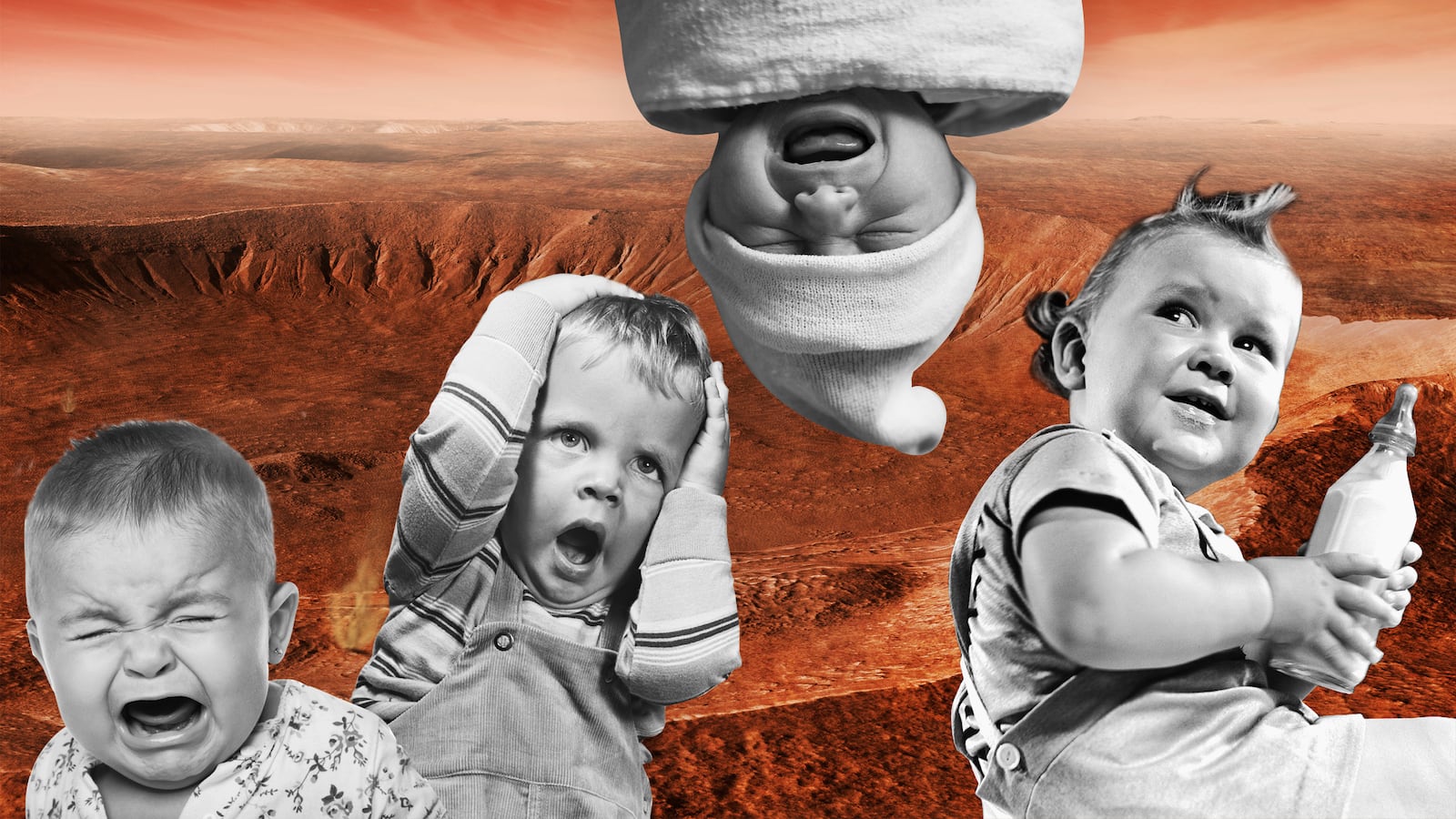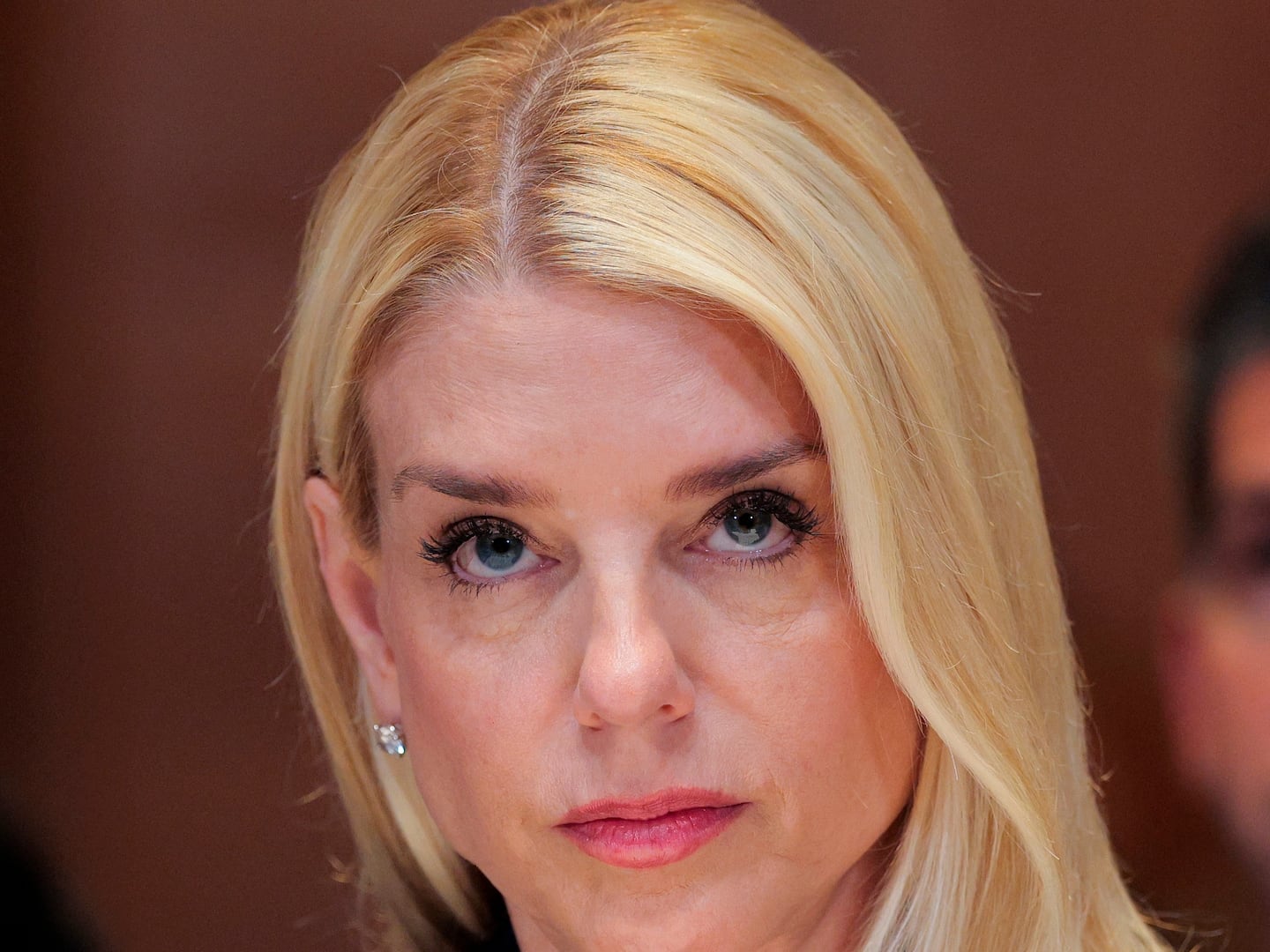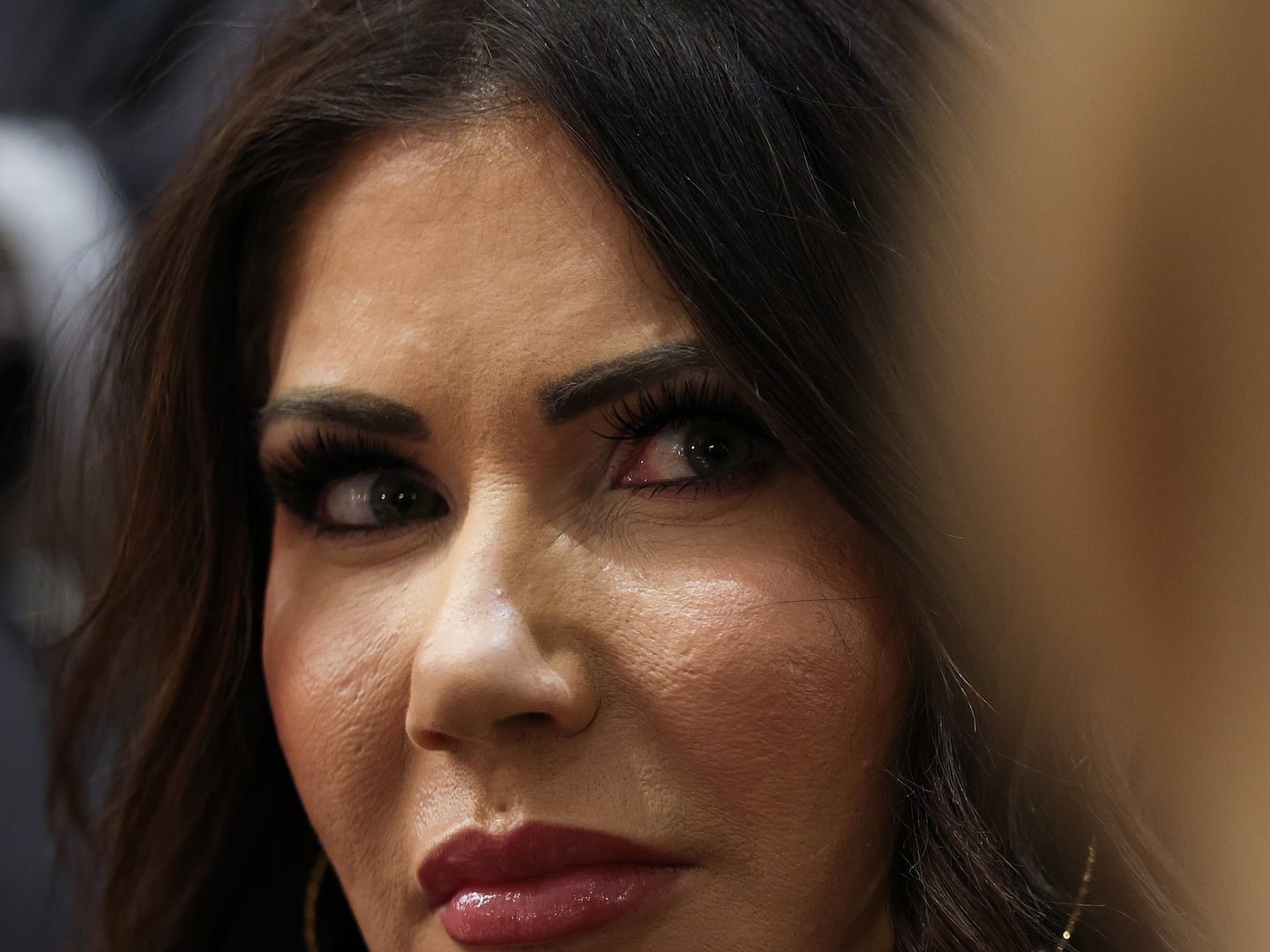A new report from the journal Futures forecasts that having babies on Mars is going to be a little more difficult than the birds-and-bees mechanics we experience here on Earth.
In fact, the researchers go so far as to suggest that reproducing on the Red Planet—essential for the success of human colonization—could be downright dangerous.
The primary problem with having babies on Mars is the fact that the planet’s atmosphere does not protect against harmful radiation and magnetism. Earth’s atmosphere shields humans from these rays—a major reason why Earth was able to sustain life in the first place.
Mars, however, doesn’t have this sort of protective atmospheric armor that Earth does. Its atmosphere is actually about 100 times thinner than Earth’s, which means that cosmic radiation practically floods through the Martian atmosphere. For any human—adult, child, or fetal—on the ground below that, this is deadly. In fact, for fertilization to occur in the first place, it has to somehow withstand this radiation.
And it’s not just the Martian atmosphere, or lack thereof, that poses a risk to fetuses. Konrad Szocik, a cognitive scientist at Poland’s University of Information Technology and Management in Rzezow and the lead author of the paper, points out the fact that the journey to Mars is rife with danger for developing fetuses and humans alike, thanks to microgravity. Cosmic radiation is also a risk to be dealt with in-flight.
“Another important factor will be the high rate of stress and hard psychological conditions in general,” Szocik said. “Another factor may be a diet that can be insufficient to provide appropriate ingredients.” It’s one thing to pop prenatal vitamins and have a doctor watch over every stage of development here on Earth (and that process in itself remains tricky and rife with potential health consequences); it’s another to have a fetus en route to the Red Planet without those benefits.
Which means it will be near miraculous if fertilization can even occur, let alone having a fetus survive to childbirth.
Szocik said that while it’s “theoretically possible” a fetus could survive and a woman could successfully give birth, it’s important to remember that stress will play a big role in the mother and child’s success. And given that both mom and babe will be fighting elements that are much, much harsher than those on Earth, their survival will be a “titanic challenge.” That high stress rate could be lethal for the fetus, he said.
So the question remains: If the atmosphere is so toxic to a developing fetus, is there any way that a burgeoning Martian population could successfully reproduce and sustain the colony? (Expert calculations vary but most believe that at least 5,000 individuals are necessary for the colony to be successful and be able to continue in case of famine, disease, or some other unforeseen extinction event.)
Szocik thinks that there is only one way that humans could potentially have healthy babies on Mars immediately: Genetic engineering—which bring with it its own set of challenges.
“We should do that now, on Earth, to improve our chances of survival in space,” Szocik proposed. “We did not evolve to live in space. We should do [our] best to modify humans before sending them to space.” Szocik realizes that genetically modifying humans for spaceflight and space life is a Herculean task, and one for which our technology isn’t quite yet there. The concept surely raises ethical questions, as well. “Perhaps we should just leave Earthly ethics on Earth,” he said.
The other possibility is for expectant moms to hop on a shuttle and come back to Earth for birth. “That would be the best solution,” Szocik said. “Of course, we should remember that when people will be able to live on Mars and reproduce on it, perhaps living on Earth will not be possible any more.” That also depends on transportation being fast and cheap, which is highly unlikely at this point.
The other problem that makes it difficult for us to know at this time how a band of humans could survive on Mars is the reality that a different socioeconomic culture could emerge that might make parenting nearly impossible. “We do not know if future mothers in a Mars base will be able to concentrate fully on pregnancy and then on childcare,” Szocik said. “Perhaps everyone will be needed to provide some contribution and work in a space base”—in which case caregiving might be difficult.
Even if some sort of galactic space shield were to be developed on Mars, Szocik and his team argue that it still wouldn’t guarantee the healthy, safe delivery of babies. “We’d still have to bring microgravity to [an] Earthly level,” he said. “Microgravity may still affect physiological development.”
Ultimately, the most likely scenario in which healthy babies can be born on Mars doesn’t involve the technology of transporting moms back to Earth or genetic engineering, but rather a mechanism that Charles Darwin noticed a couple centuries ago: evolution.
“Natural selection works,” Szocik said. “In a Mars population, some individuals will be more cosmic ray resistant than others. We can guess that they will reproduce better than others. Consequently, they will produce more offspring, and then their offspring will inherit genes providing resistance against cosmic rays.”






